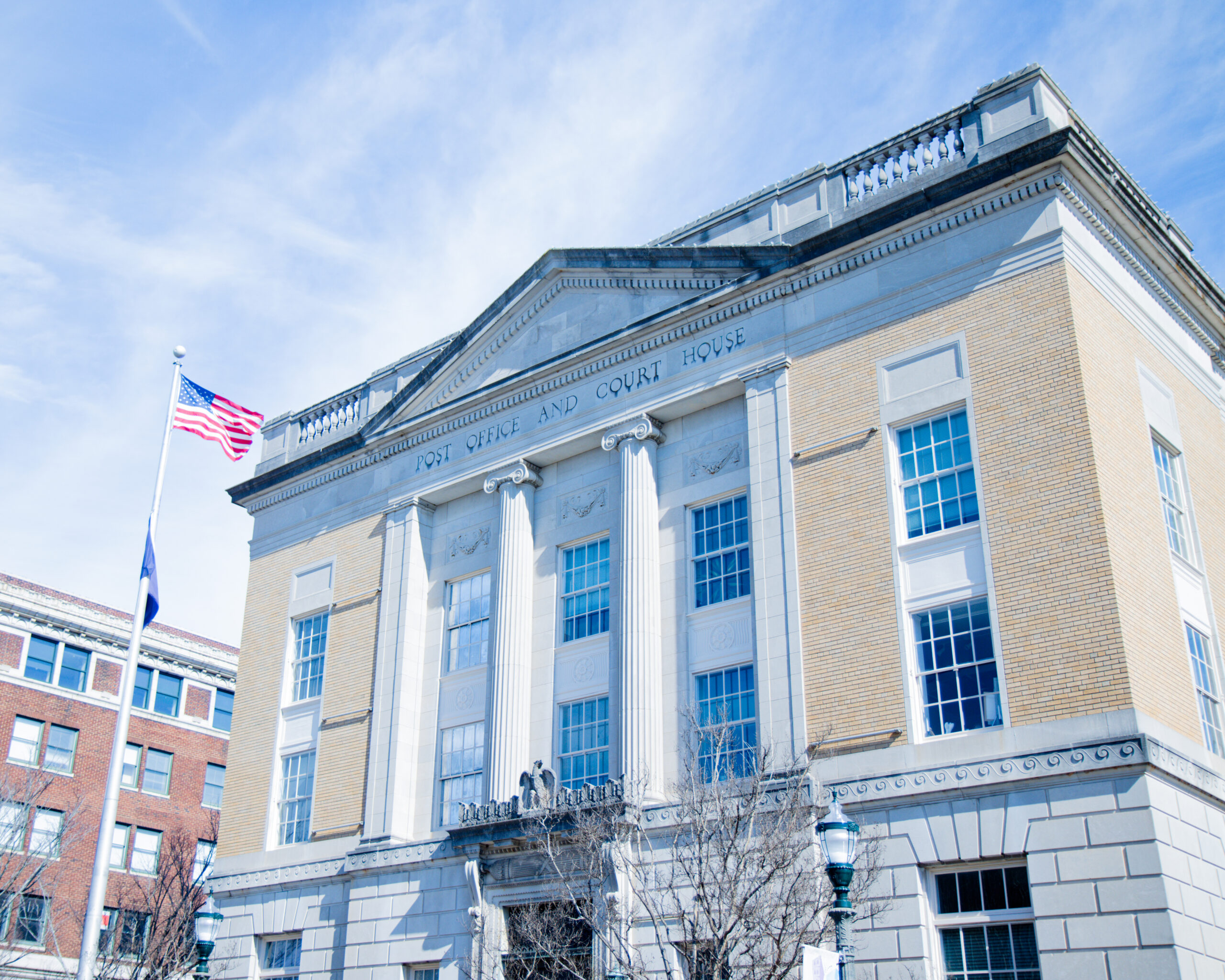The electoral victories in Georgia in contrast with the insurrectionist siege of the Capitol on Jan. 6 displayed to the world the strengths and weaknesses in American democracy.
On the morning of Jan. 6, the first of Georgia’s two Senate run-off elections had been called for Raphael Warnock, who would become the state’s first Black Senator. Senator-Elect Warnock, also the senior pastor of Ebenezer Baptist Church attended by John Lewis and led by Dr. Martin Luther King Jr., recognized the historic significance of the moment in his victory speech.
“My mother, who as a teenager growing up in Waycross, Georgia, used to pick somebody else’s cotton. But the other day, because this is America, the 82-year-old hands that used to pick somebody else’s cotton went to the polls and picked her youngest son to be a United States Senator,” Warnock said. “So I come before you tonight as a man who knows that the improbable journey that led me to this place in this historic moment in America, could only happen here.”
While democracy ran its course in Georgia, challenges arose in the capital.
The Constitution denotes Jan. 6 as the day when a joint session of congress counts the previously certified electoral college votes and formally declares the victory of the president-elect. Though the Constitution allows for objection to these certified results, a majority of both houses of Congress is required in order to overturn the results of any individual state. As such, this process has previously been carried out with little fanfare and is most often viewed as a ceremonial formality.
After weeks of President Trump making claims of election fraud, for which there is no evidence, a group of Republicans, primarily led by Senators Josh Hawley and Ted Cruz, planned to raise objections. Outside the White House, Trump appeared at a rally for his supporters whom he urged to travel to D.C. to protest the certification process.
“We will never give up. We will never concede,” Trump said. “We will stop the steal. We’re going to walk down Pennsylvania Avenue, and we’re going to the Capitol…We’re going to try and give our Republicans, the weak ones…the kind of pride and boldness that they need to take back our country.”
As Trump supporters began to march the two miles from the White House to the Capitol building, the results of Arizona failed to be certified and the joint session broke up and each house proceeded to their respective chambers to begin debate.
On the Senate floor, a surprising reckoning within the Republican party began to play out, as a longtime ally of President Trump and Senate majority leader, Mitch McConnell, spoke out against the effort by his colleagues to overturn the election and outlined the bastardization of Constitutional doctrine that was taking place.
“The Constitution gives us here in Congress a limited role. We cannot simply declare ourselves a national board of elections on steroids. The voters, the courts, and the states have all spoken… This election actually was not unusually close… If this election were overturned by mere allegations from the losing side, our democracy would enter a death spiral. We would never see the whole nation accept an election again,” McConnell said.
Shortly after, Senator Ted Cruz spoke in defense of those with electoral objections.
“Recent polling shows that 39% of Americans believe the election that just occurred ‘was rigged.’ You may not agree with that assessment. But it is nonetheless a reality for nearly half the country,” Cruz said.
Soon after, thousands of rioters stormed the capital building. Maskless insurrectionists blew past police barriers and began to engulf the steps of the capital. Vice President Pence was quickly rushed off the Senate floor and House members were told to shelter in place.
Over the next several hours, insurrectionists staged photo-ops inside the Capitol, desecrated sacred symbols of American democracy and stole materials from members’ offices, including that of House Speaker, Nancy Pelosi.
Despite promising his supporters he’d follow them to the capital, the president retreated to the White House and later released a video instructing his supporters to go home while still making claims of election fraud, for which there is no evidence.
“So go home. We love you; you’re very special,” Trump said.
Four people were killed in the struggle, including a woman who was shot as she tried to climb through a window and a capitol police officer who was beaten with a fire extinguisher by rioters and later died from his injuries.
In the midst of the chaos, Democrats gained control of the Senate as Georgia’s second run-off election was called for Jon Ossoff, who would become the state’s first Jewish Senator.
President Trump’s controversial actions over the last four years have cost the Republican party control of the House of Representatives, the Senate and the presidency, and has eroded the trust of many in the United States’ democratic system.




